Seeing the privilege
“If someone doesn't like me, it's not because I'm a member of a group that that's more marginalized.”
In partnership with University of Notre Dame Archives, the Klau Institute seeks to give voice to the Notre Dame community on issues of race and racial identity. Through written, spoken, or visual stories, our community reflects on how we experience race, how it shapes our lives, and how we navigate relationships within it.

The Klau Institute seeks to advance the God-given dignity of all human persons through transformative education, innovative research, and meaningful engagement with students and with the broader community.
The 2023 story archive presents students, staff, and faculty offering a wide range of perspectives and points of concern around race and belonging.
Below are highlights from the stories collected in With Voices True. This digest can be used in classrooms or discussion groups, as a tool for promoting conversation and discovery.
Full interviews are housed in the University of Notre Dame's Hesburgh Library Archives, where they serve as a tool for research. Access to the archive can be arranged by contacting University Archives at archives@nd.edu.
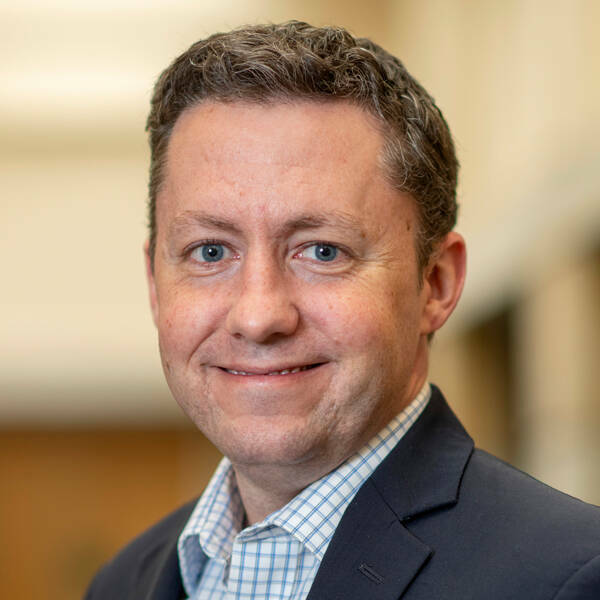
“If someone doesn't like me, it's not because I'm a member of a group that that's more marginalized.”
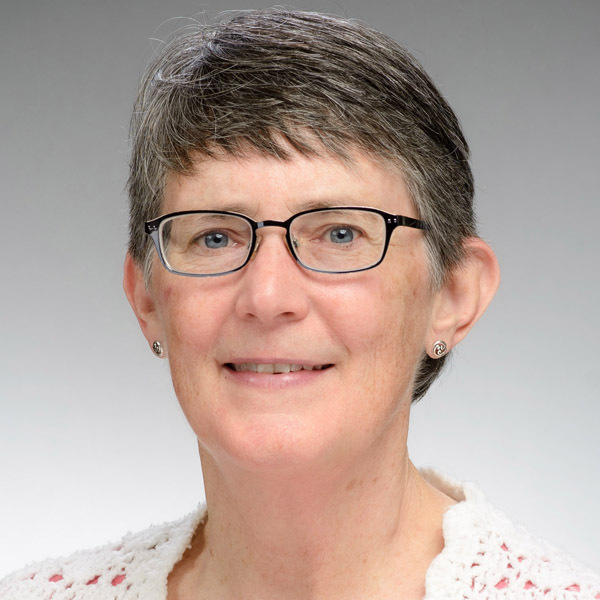
“And I found myself thinking, oh, do I have to take a different approach to this because, you know, they're shutting down.”
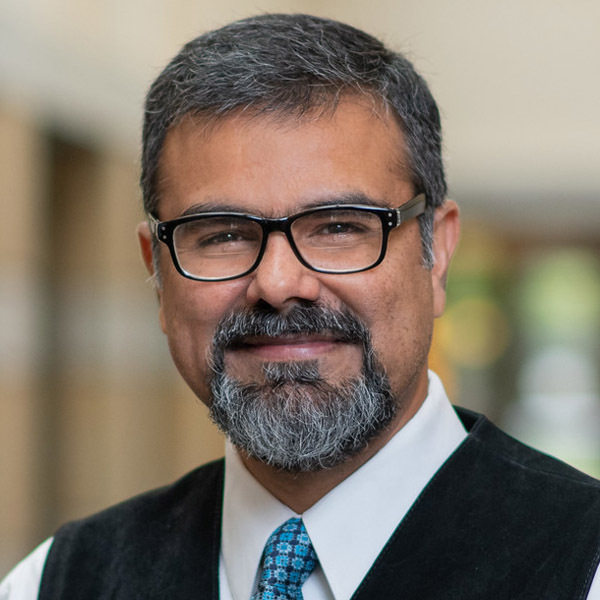
“That kind of inferiority complex is something that you do grow up with.”
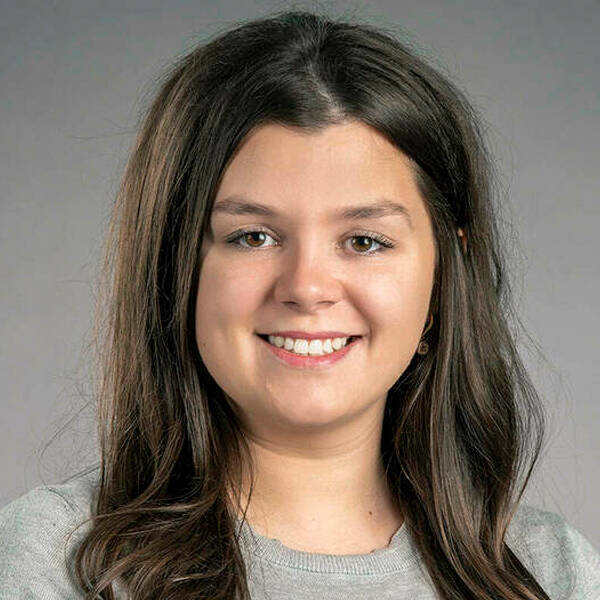
“I just I try to remind myself of what others may or may not have gone through.”
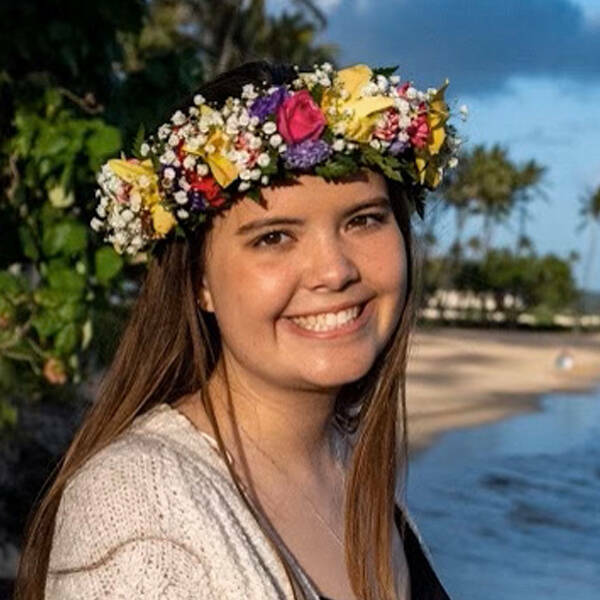
“That was probably one of the experiences that I was like, oh, like race is a big deal.”

“I think people were kind of afraid to speak out if they had any differing thoughts, other than like, the quote unquote norm.”
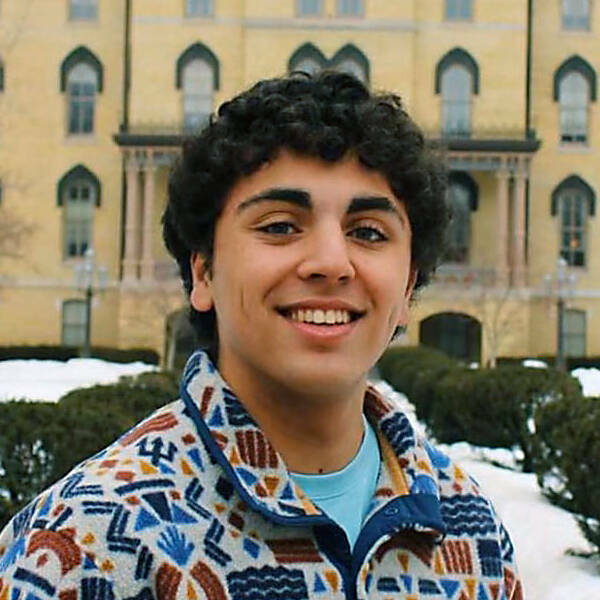

“And then I had this enormous amount of empathy for that world because she had not experienced what I had experienced.”
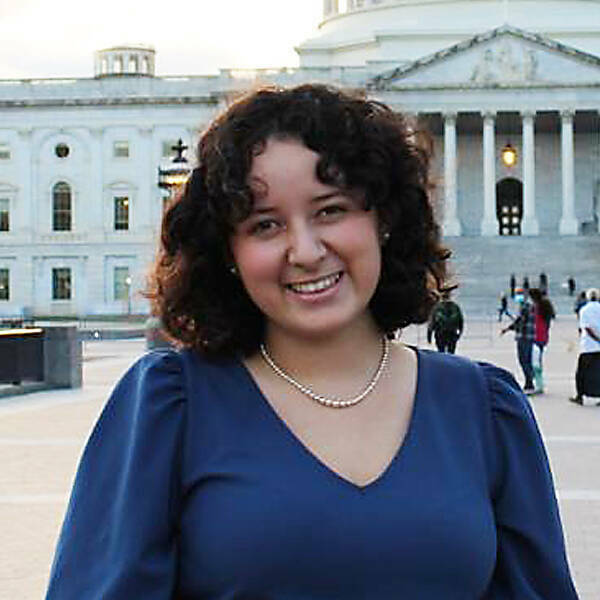
“I feel like has become a lot more like, there's a hot way to be Latina, and then there's like, the rest of us.”

“It's not just oh, here's a picture of X racial group that we have on campus, like, that's not, that's not being inclusive.”
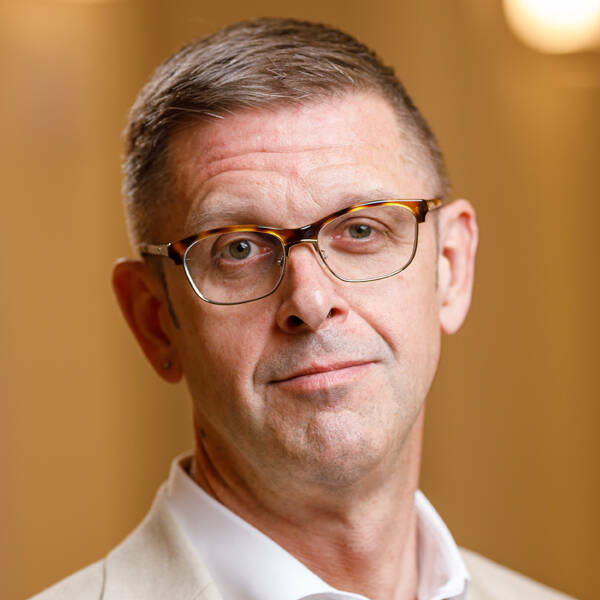
“Stay in your lane. Stay where you belong. It probably put off the moment of realization a little bit.“

“And I have to just know what all black people feel in that moment or say something that because they're gonna remember what you say.”
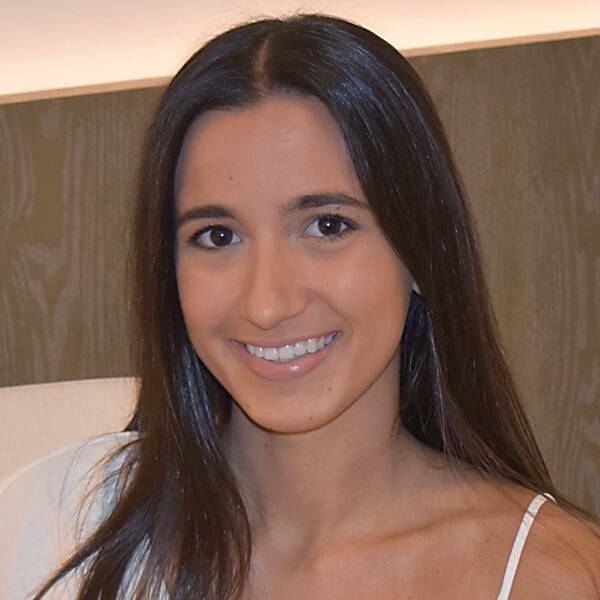
“And it got to a point where it just made me so self-conscious about how I spoke.”
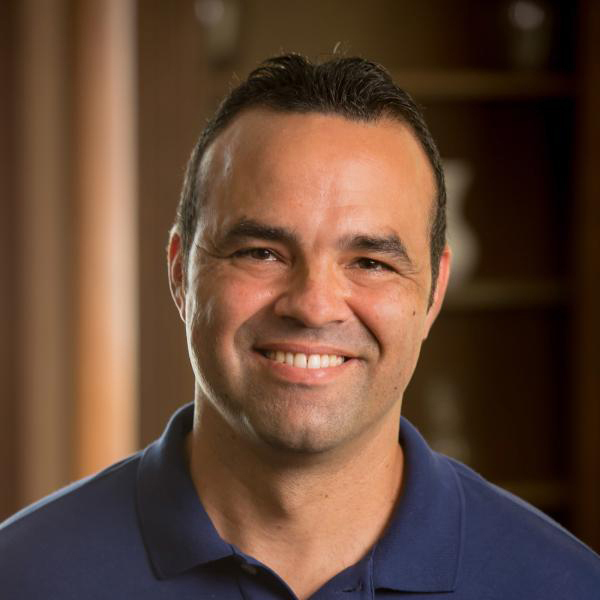
“It wasn't whites and Blacks, it was Blacks and Hispanics.“
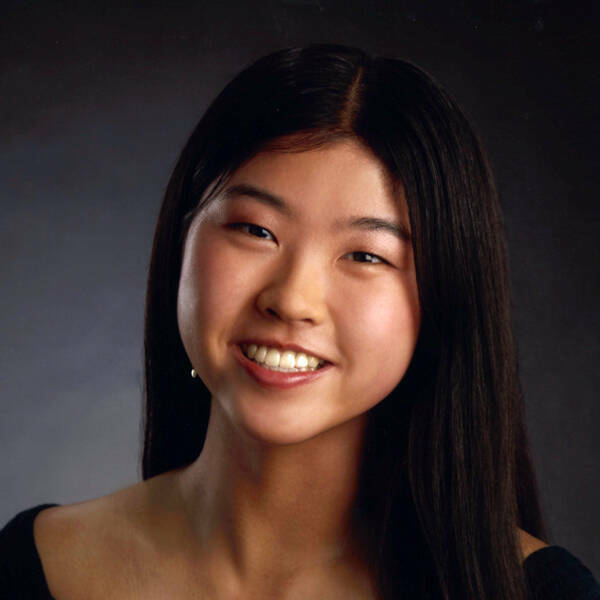
“That's the first time I've ever been scared in that sense, just because of my race.”

“I get asked to do a lot of DEI projects, which I'm like, that's great, I'm happy to do that, but like, who else are you asking?”
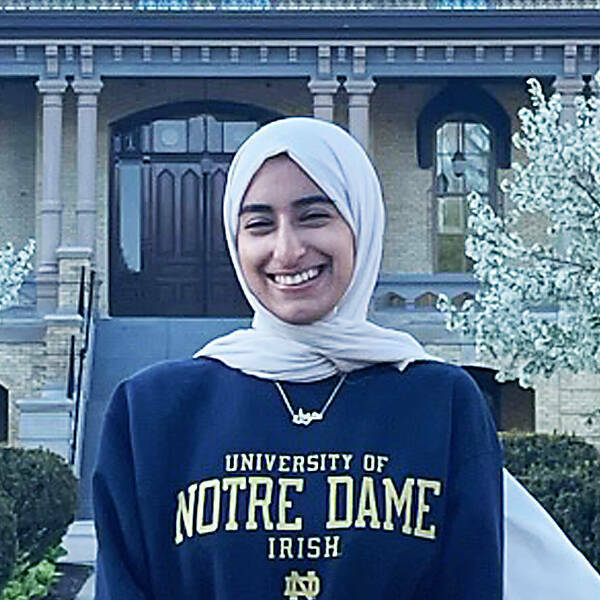
“When I came to Notre Dame, I think my pride in being Iraqi became more of a thing…”

"I do feel seen here. And that goes both ways, sometimes in a good way, in a positive way. And sometimes in a negative way.”
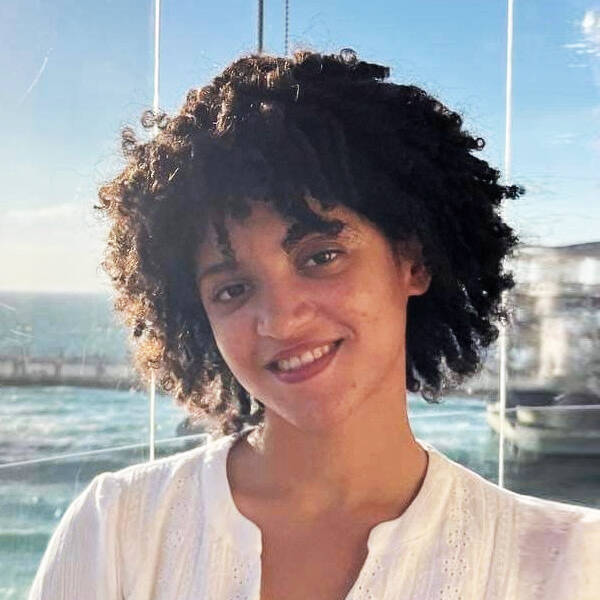
“You know, so I think sometimes I feel with some people, can we get over this? You know what I mean? You know, can we talk about something else?”

“I knew the position I was in and what it represented, but I didn't necessarily let that deter me from who I am as a person.”
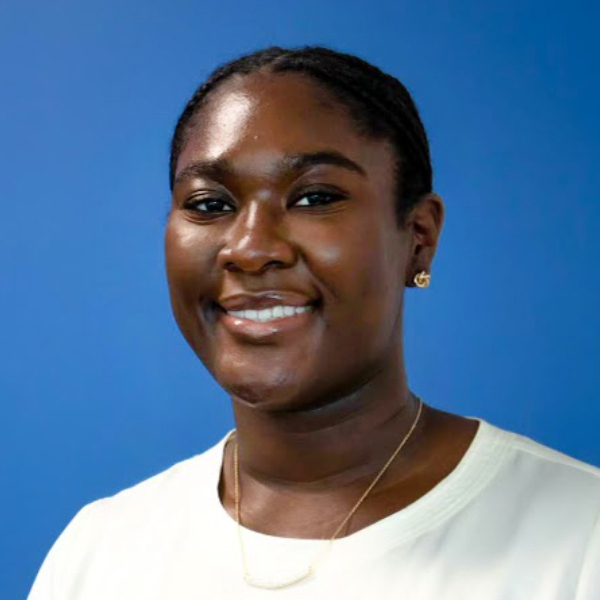
“I always feel like I need to make sure I always put my best foot forward in everything that I do, because I don't want these negative stereotypes that people have towards black people to be validated.”

“Especially my freshman year, when I was meeting so many new people, I didn't feel different, but I could kind of tell that they would look at me differently or they just wouldn't look at me at all.”

“I can't not think about, oh, was this situation a microaggression? And then being told that, oh, no, you're just overthinking it.”
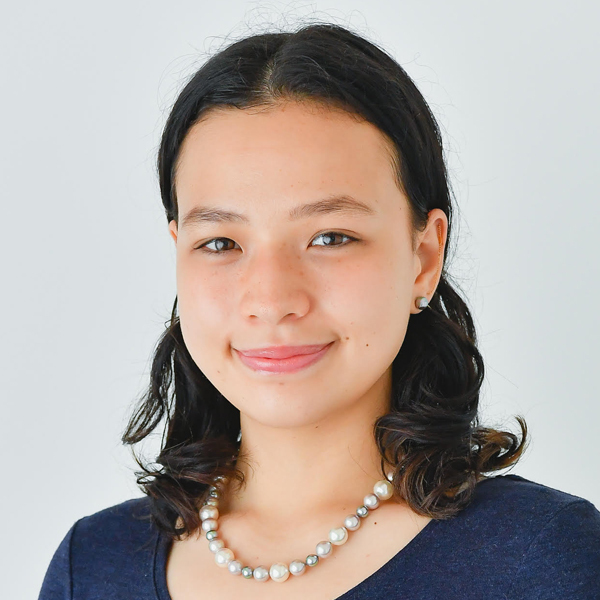
“Because I'm specifically Asian, and a woman, I've noticed I've experienced vulnerability because of that.”

“That's the thing that you see we need more of throughout our entire country and our world – is that you don't always have to be right.”
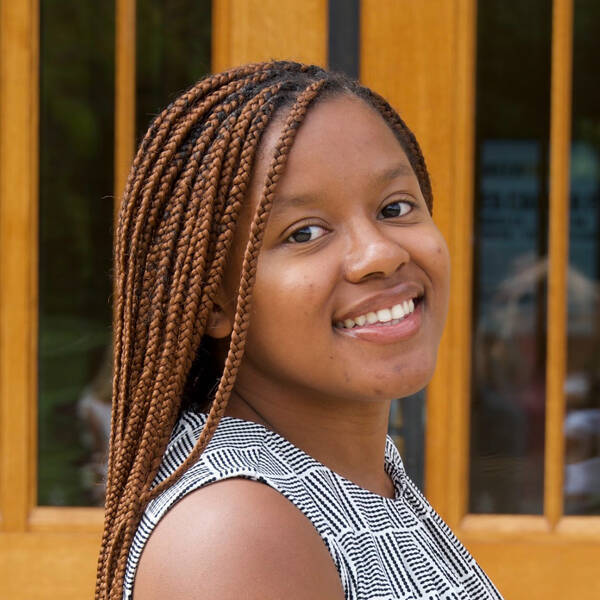
“You have to remind yourself that no matter how many struggles you go through, or how many times you do take a mental decline there’s always an opportunity to go back up.”

“One thing I noticed when I got to Notre Dame was that people would almost discriminate against me for my lack of blackness.”
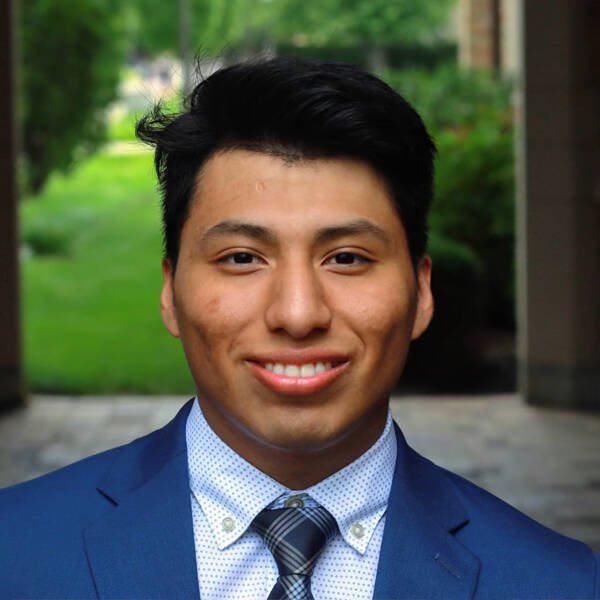
“They would always ask me, are your parents legal or illegal? And I guess they're asking if I was too, but that always bothered me.”
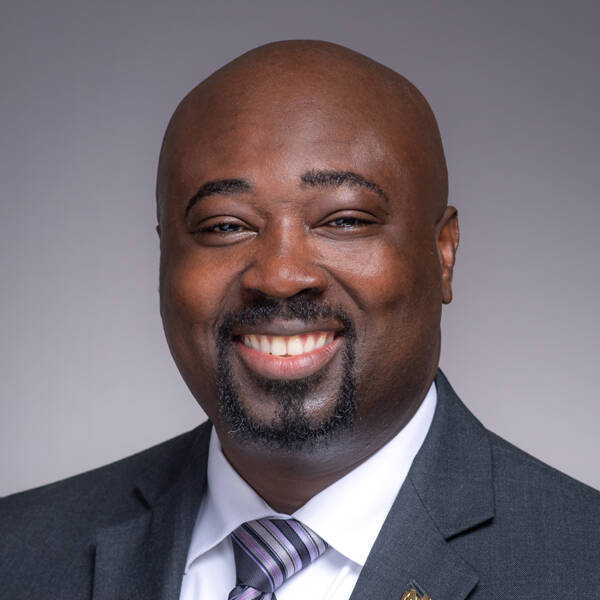
“Be nice to the people next to you before you start to worry about the guy who's across the sea.”
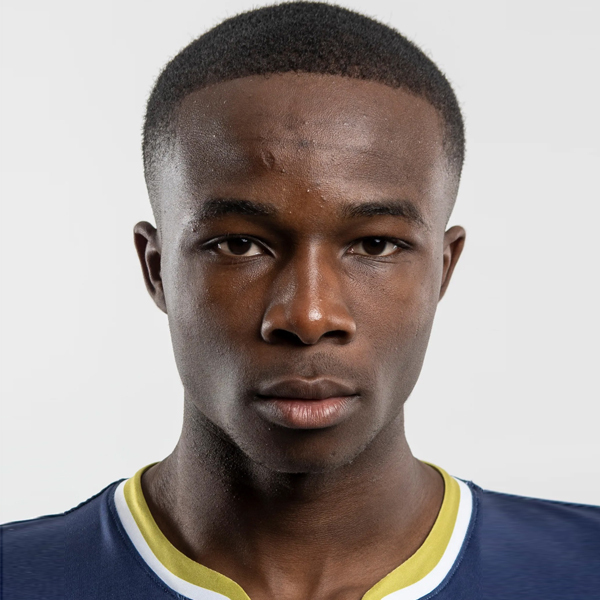
“I'm more than just a Black person, I'm a British Black person, I'm a British Black athlete. I'm a Christian, British Black athlete.”
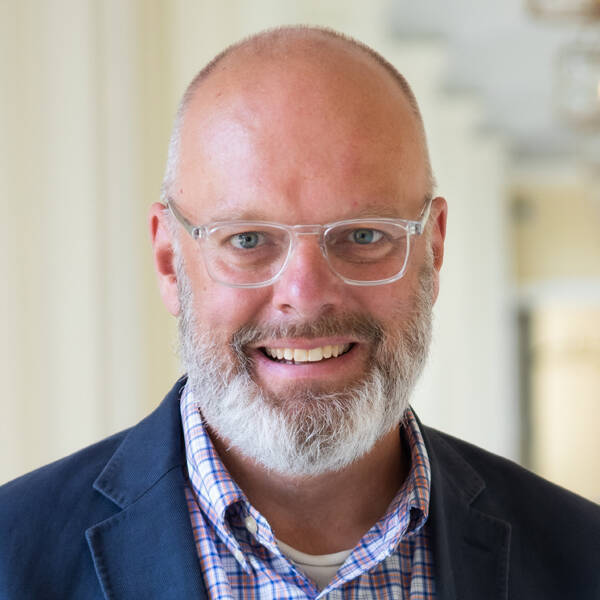
“You can hide poor but you can't hide race very easily, at least blackness and some other ethnicities.”
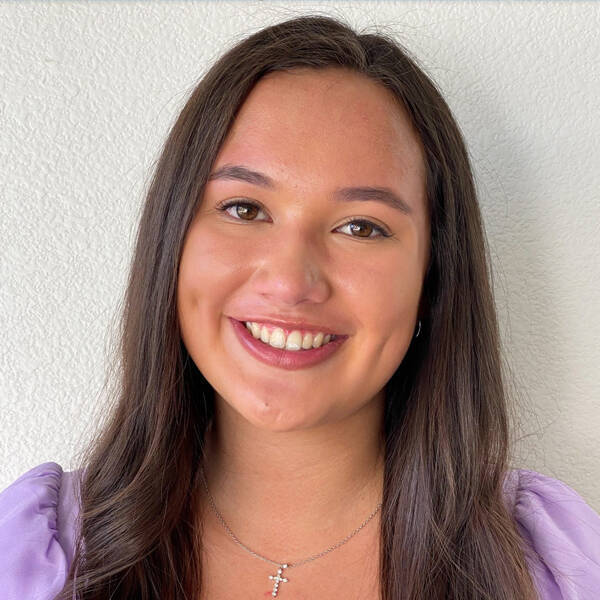
“So I just found that really interesting, especially because out of all the like different ethnicities on campus that they did tell us to emphasize the Asian Allure show.”

“This music and this type of performance is playing a much deeper role with respect to how people are imagining and thinking, and really lending meaning to their own migration and experience of migration.”
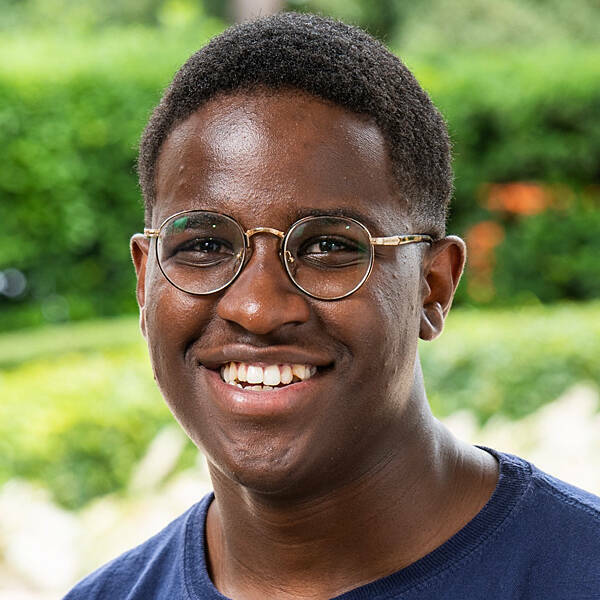
"I was in school, I passed my classes. Things that should be celebrated. But I felt like, in that moment, all that was taken away through his comments."

"And they didn't have to say it, that's what's interesting, right? They didn't have to say you need to stop being friends with Mariam, because she's Black or African or whatever."

"I wouldn't say there's any sort of shame in being like, "oh, you're Whitewashed," or like, "Oh, you act so White now," or, you know, this and that, that doesn't really bother me."

"...there are different kinds of subtle confrontations with racism, both interpersonal and structural racism, that are just more complicated to talk about."

"...like you make terrorist jokes and stuff like that. You're going to say terrorists are White? Like you're not - nobody believes that."

"It's just that the world changed, I think, and the world has been moving and changing in ways that maybe we took for granted..."
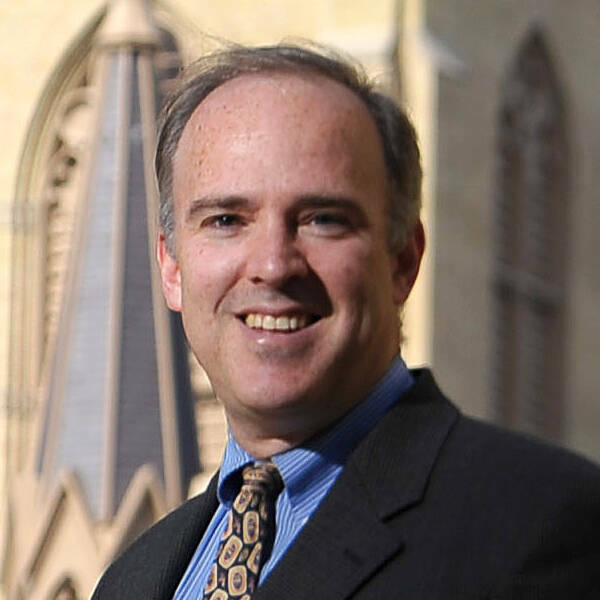
"In the Christian vision, we have this vision of restoring right relationships, of ultimately creating a community based upon friendship, where nobody feels like an outsider."
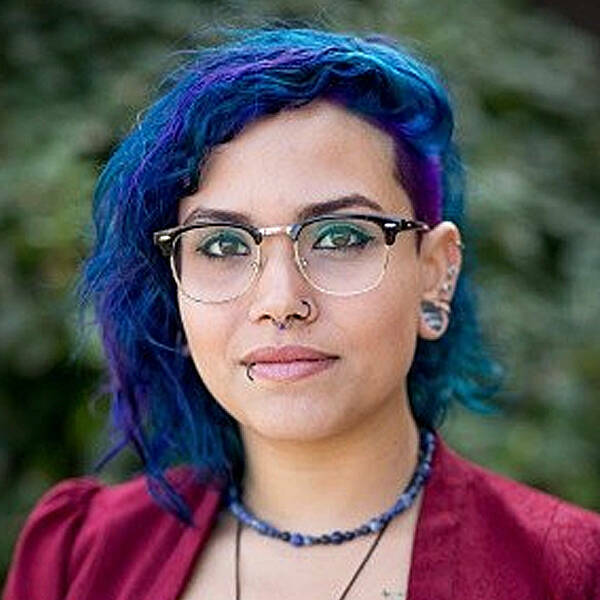
"So I just still hold a little bit of resentment of being forced to check boxes that I don't feel truly encompass who I am."
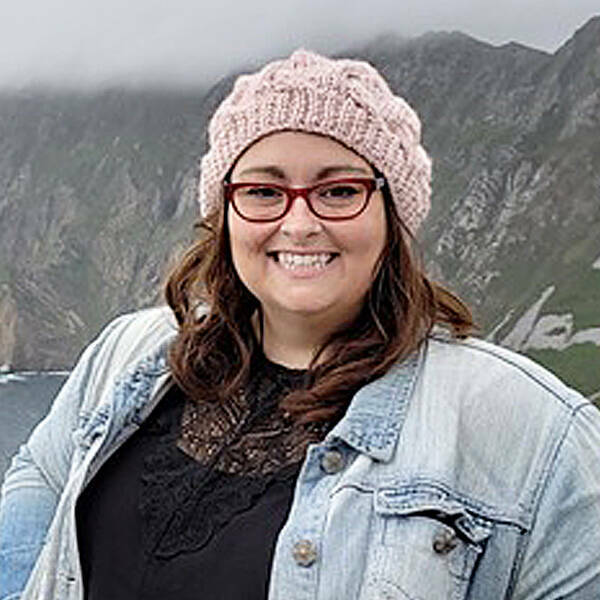
"And so the onus is on me to not go days without thinking about race, because if I was a person of color, I wouldn't be able to do that."

"...as I continued to attend Notre Dame race became such a prevalent issue in how people saw me somehow when race was never even a big part of my life."

"And then the honest truth is that in many instances, including this one, there's a moment where everyone certainly isn’t healed..."
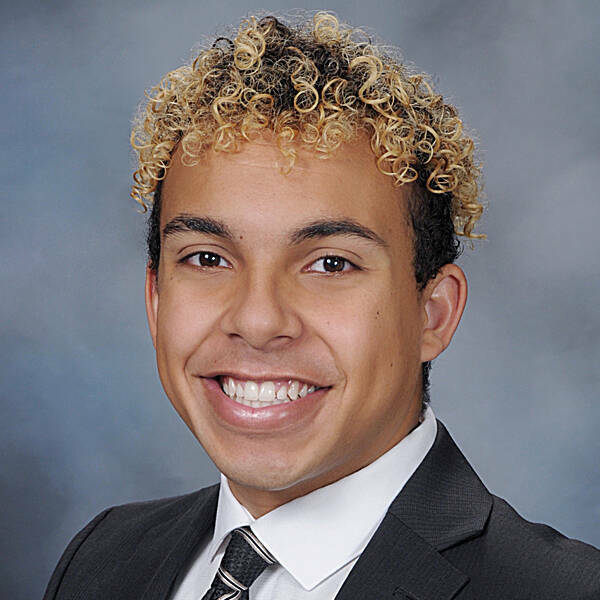
"I think that's something that people don't realize with being mixed. It's like you can pass as maybe both if you want to, but at the same time you feel like you don't belong to either."
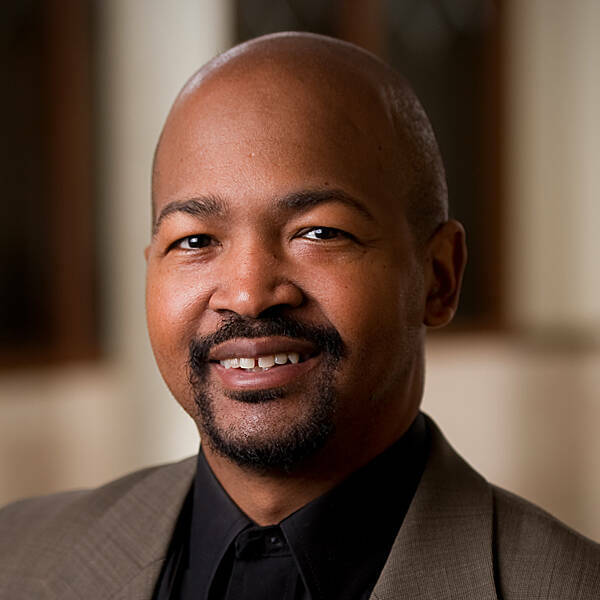
"...you cannot go through life, you cannot go through a week, sometimes a day, where people don't remind you of your race. "
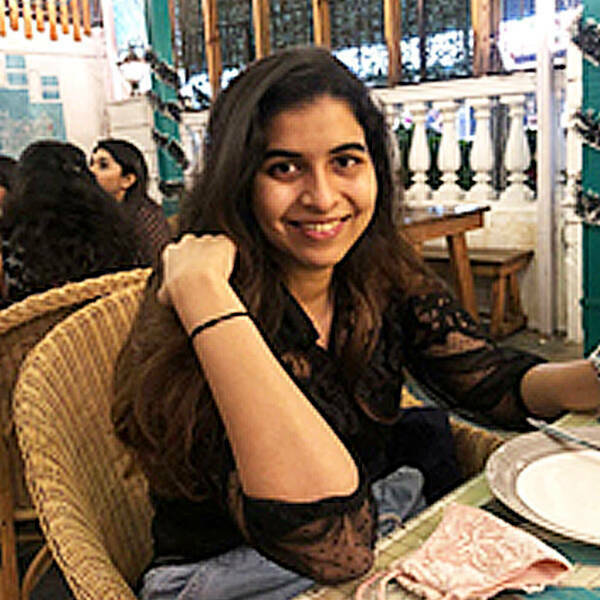
"Like sometimes you just need to ask the question because it's better to know then not to know."
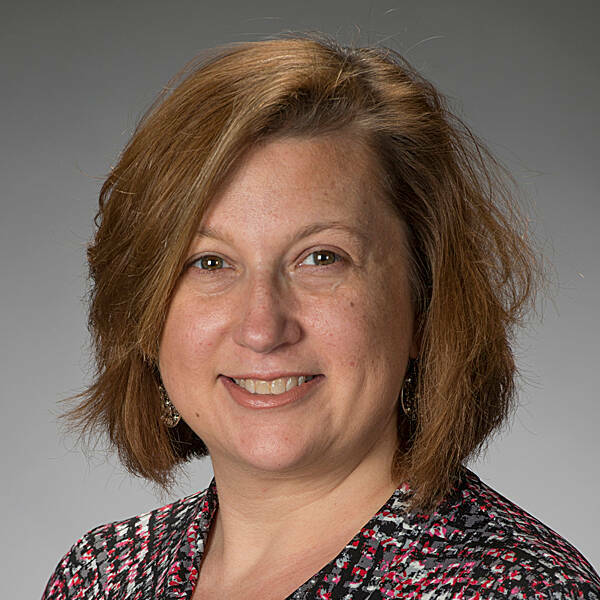
"I think it's important to call attention to Whiteness as a constructed category of identity ..."
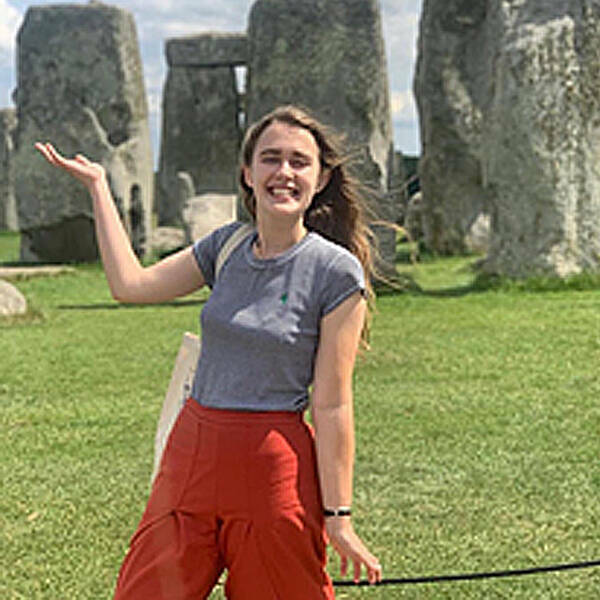
"I think people are worried about saying the wrong thing. And I think that does come from a good place..."

"...I want to free others to be their authentic selves, too, and not feel as if they have to wear so many different masks..."
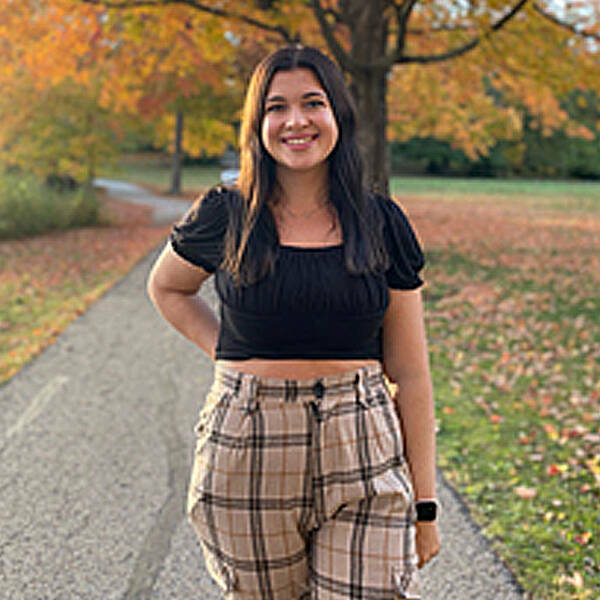
"And she said, I think you guys need to realize that I am a Black woman in a position of leadership."
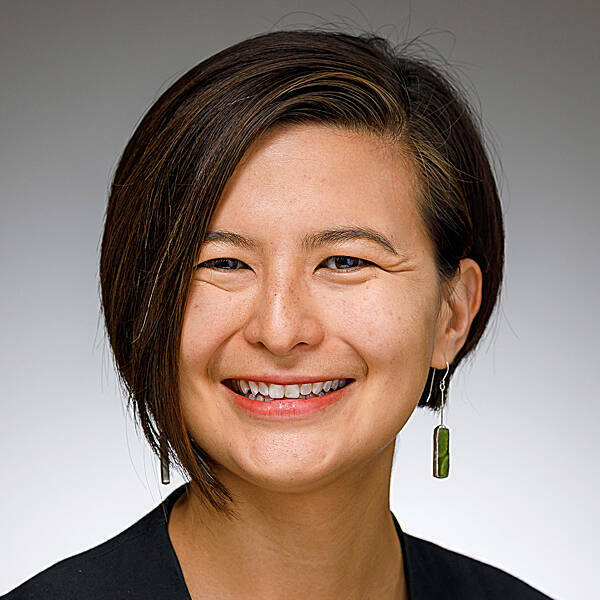
"...both our own identities and our position in relation to other cultures affects how we interpret what we see."

"It's not a matter of data. It's a matter of listening to what people have to say and how they have lived their lives. "

"...I want us to be okay with sitting in discomfort because the people around us struggling are sitting in discomfort, and they want to be able to come to us with these things."
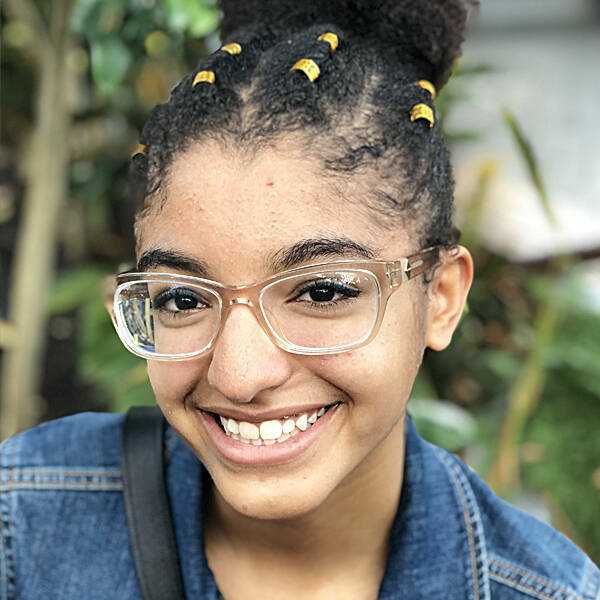
"But that's just something that in my head processing, like, oh, like, I'm different from the people around me."
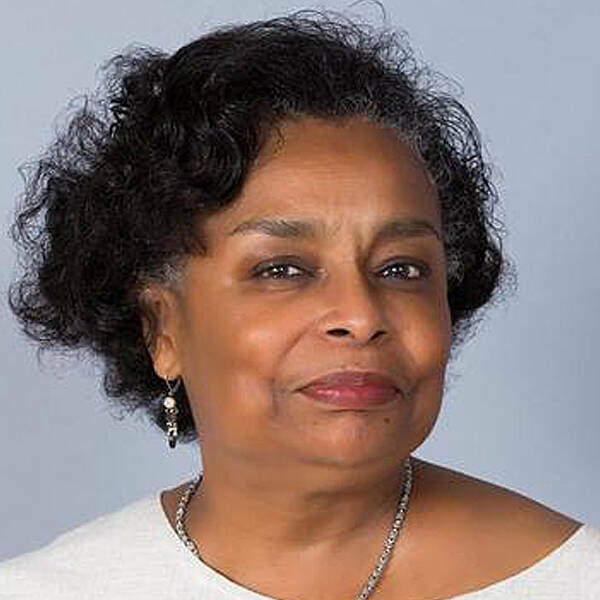
"But they didn't say any of that, they said it in such a way that was intended to help not offend their White peers surrounding them."

"...when people first look at me, they never think, oh, look at that American girl. Even though I am. They’ll always be like, oh, the Asian girl."
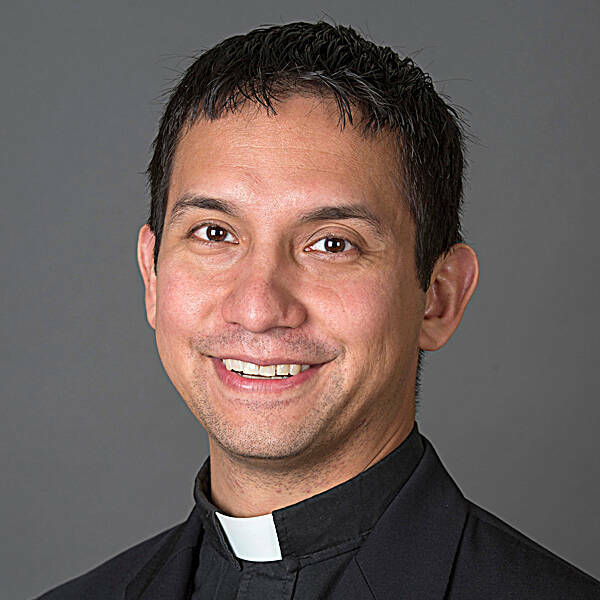
"I wanted them to have a chance to feel at peace where they lived."
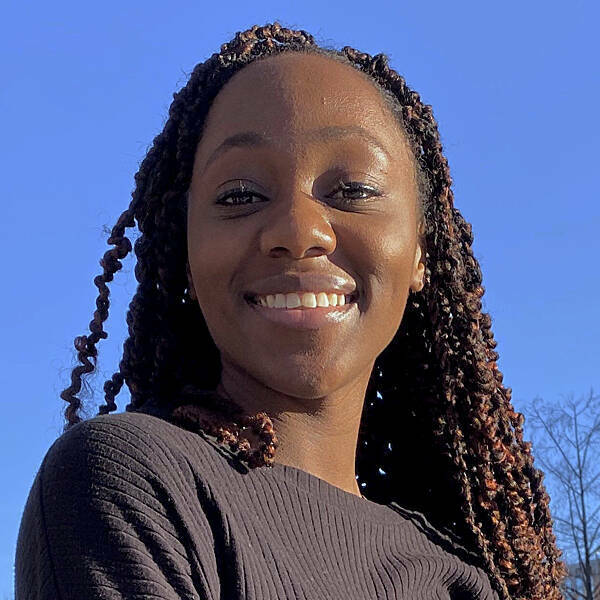
"But then the police showed up, and everyone, the energy obviously shifted. And most of it was fear."
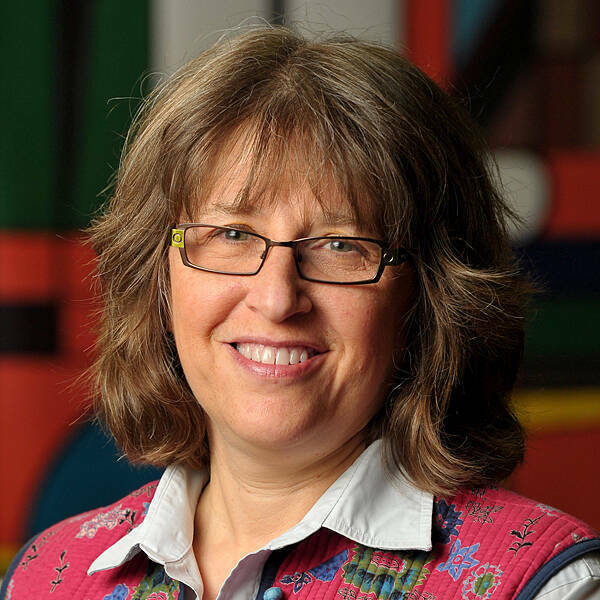
"So that's, that's how it worked out with race – I worried about it. The other person worried about me worrying about it."

"And here I am having to have the police escort me out of my hotel to a new one because other people can't do their job, and because they think that I'm obviously doing things that I shouldn't be as a Black person."

"If I didn't know any better, I'd have been sitting in a class that was not challenging me, that I did not need, and it was putting me on a track that I did not deserve."

“…and so they had learned something from each other, you know, and shared something. And that's important.”

“…racism is one of those things that fades and you think it's getting better, and then it rears its head.”
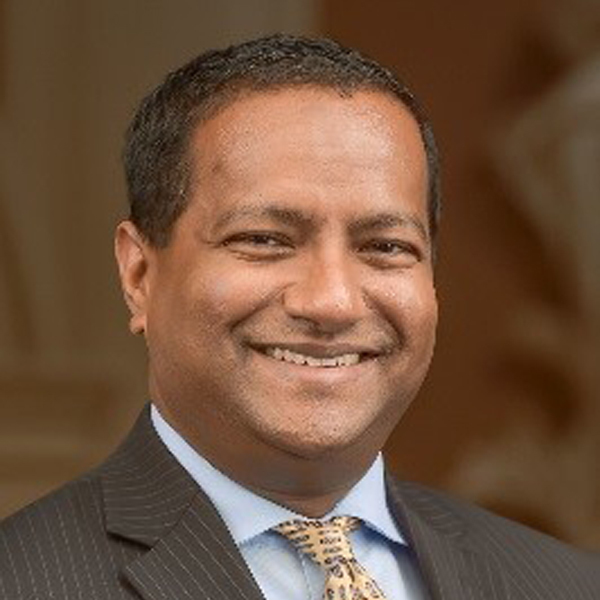
"I use every moment that I can with the kids as a teaching opportunity.”
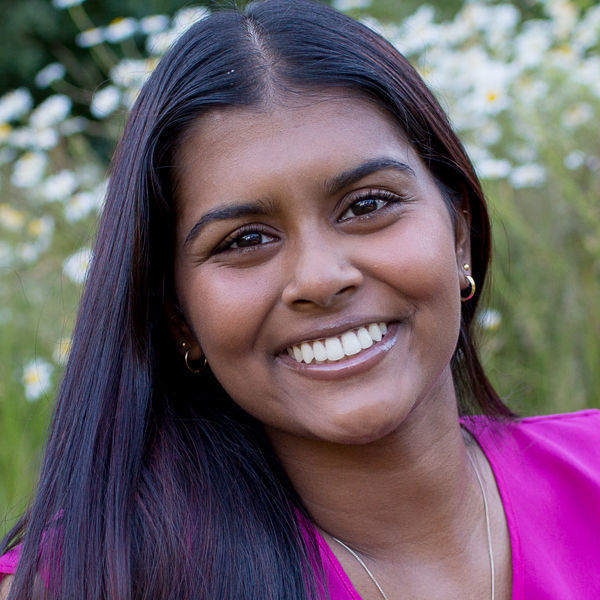
“…you can't tell people their experiences with race aren't valid, because everybody's experience with race is completely different than somebody else's.”
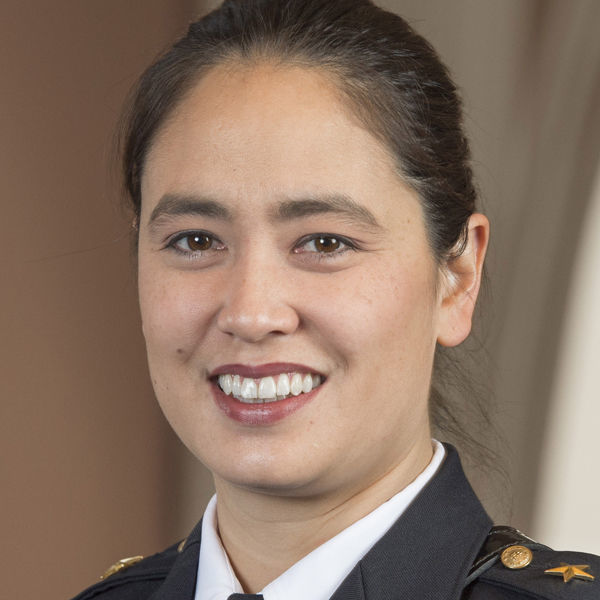
“And when they hear other people's stories of their experience, a light bulb goes off, and oh, that's what it is…”
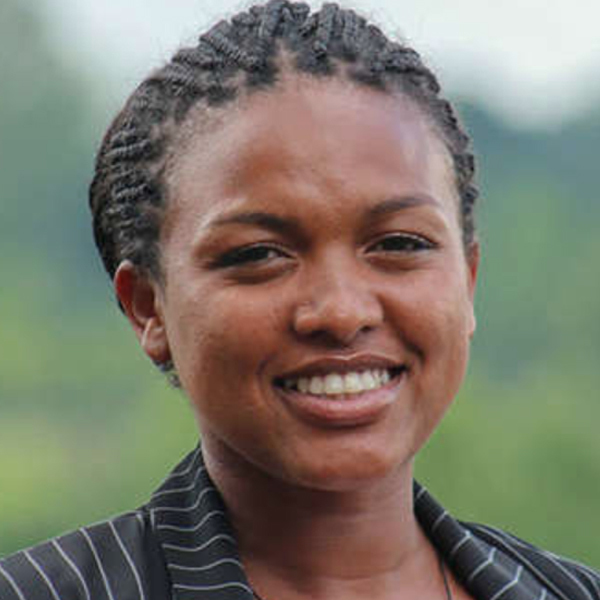
“I think everybody - at least you should be more curious and not treat other people like an alien if we're not an American.”
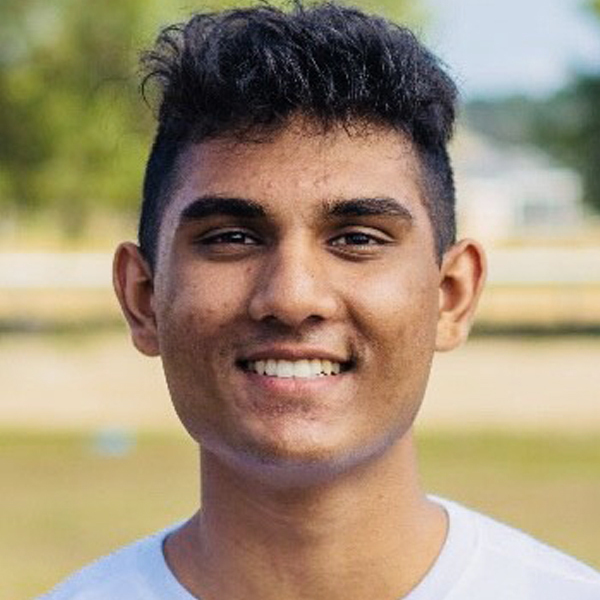
“But what's even better is… they get to create a story that's never ever existed here on campus.”
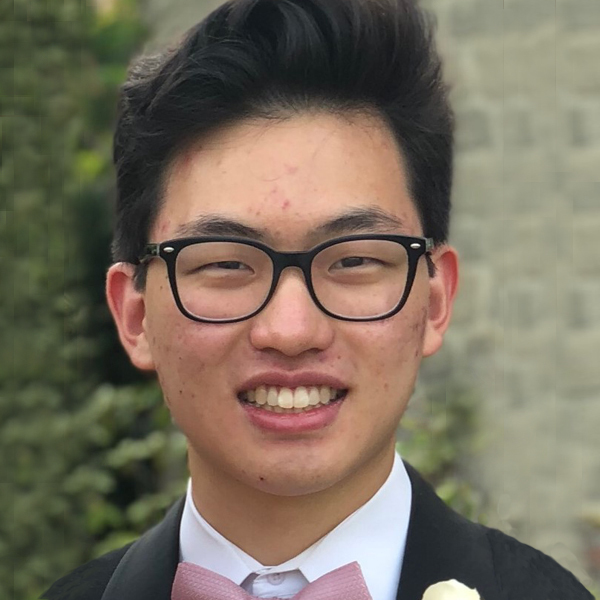
“This is something that I've dealt with most of my life, and the fact that people trivialize it is - that's also what kind of annoys me too.”
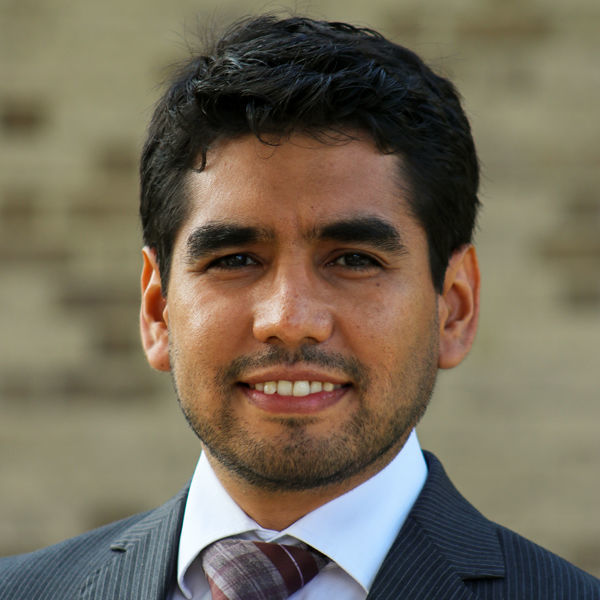
“I don't know if people just wanted to be nicer as a response, at least people who probably don't support that rhetoric, that kind of a statement.”
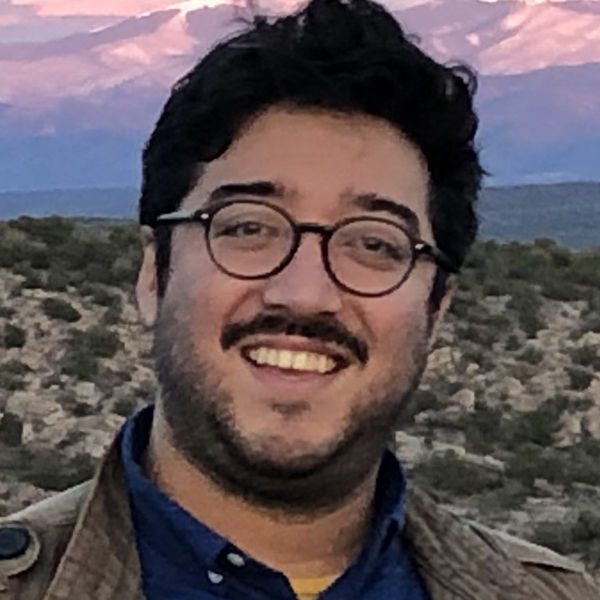
"The fact that nothing happened to either the man who killed Trayvon or the man who killed Michael just…I don't know, it made me really upset."
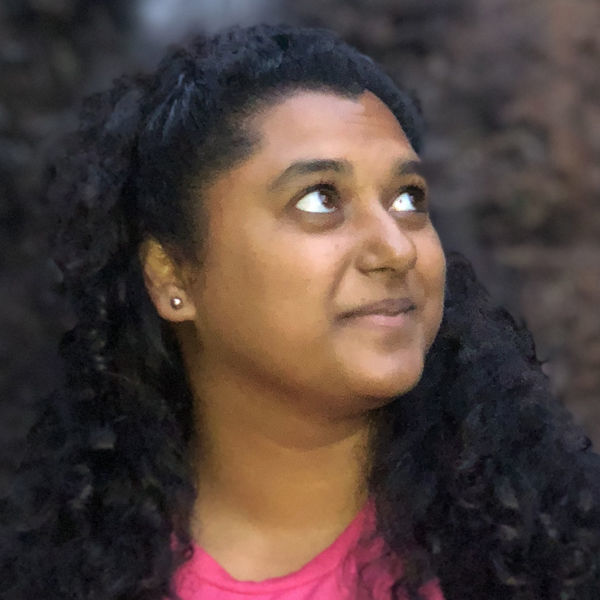
“I was called a settler of color once and it still hits me really hard to think about the complexity of that concept.”

"We need to learn and we need to listen to other people and their stories, and we can't just avoid other people because they're different from us because we're too scared to talk to them..."
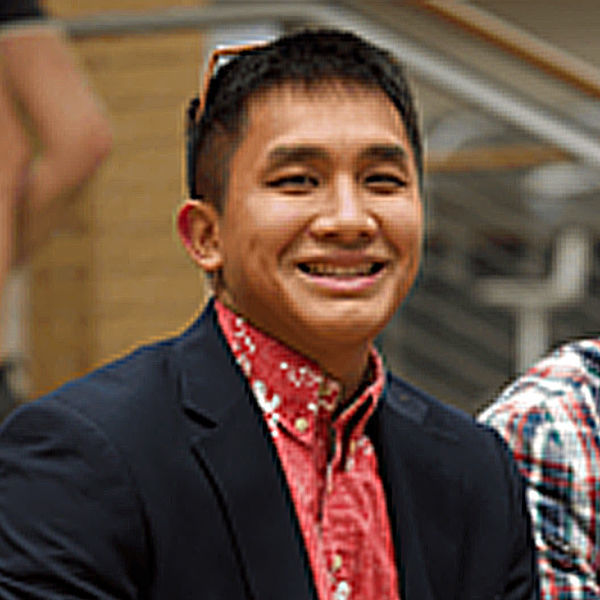
"For example, the guy who lives next to me is from Mexico, and I think that just experiencing, interacting with people from different places has helped me have a better understanding of what he's from."
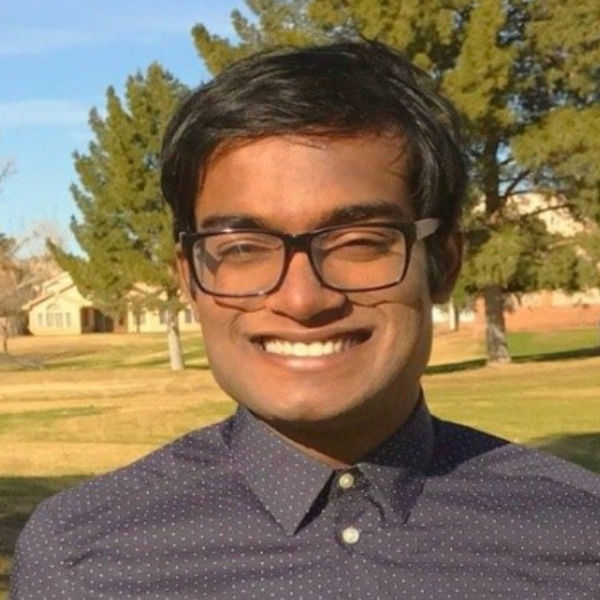
"I have a lot of very interesting conversations about race with my freshman and which...really stemmed out of me growing comfortable with the people that weren't like me."
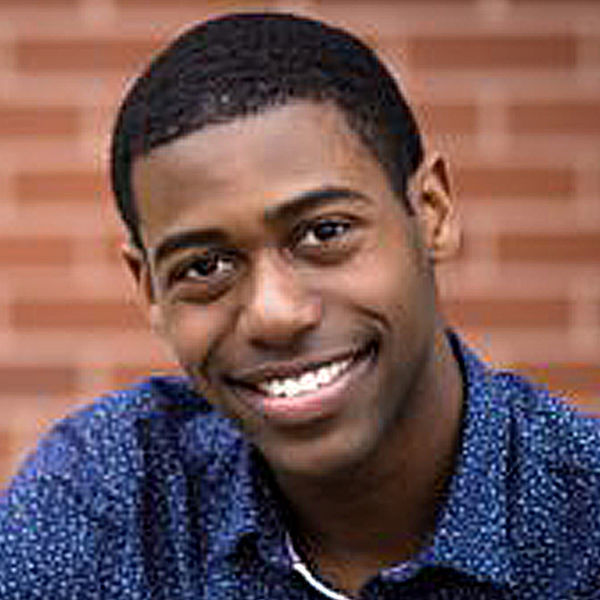
"I don't need you to be my voice, I just need you to pass the mic that you're hoarding right now."
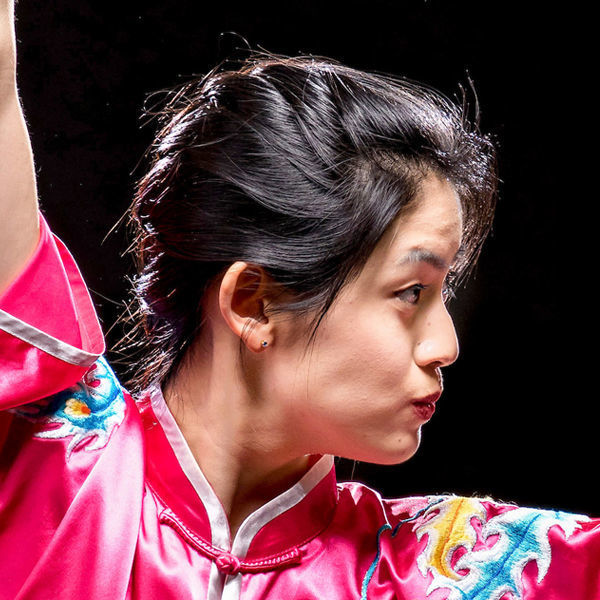
"I think a lot of people kind of assume that people are ignorant because they want to be. I think sometimes people are ignorant because they don't have any other exposure to anything."
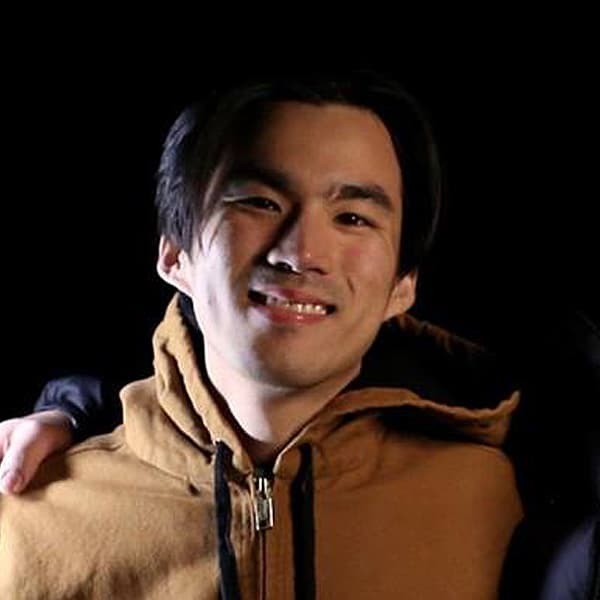
"But over time I would say in the span of an hour that table became what my friend called an ethnic table. It was just me, the Asian kid, and the black kids."
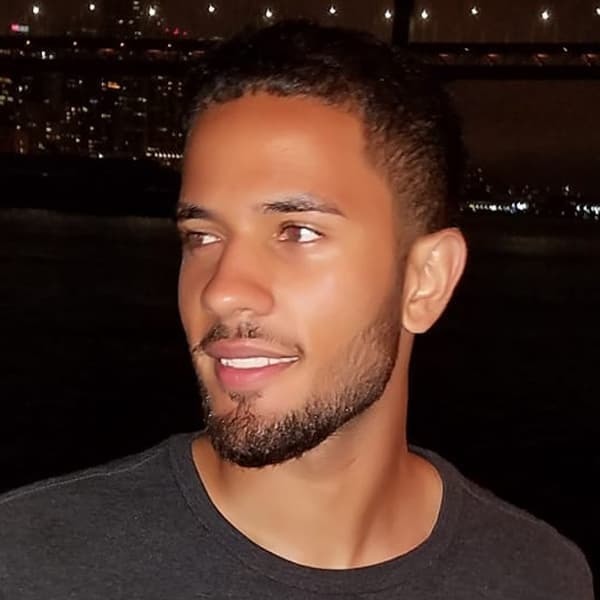
" I think we all have fear of engaging in conversation with another group of people or raise whatever we want to describe the categories as."
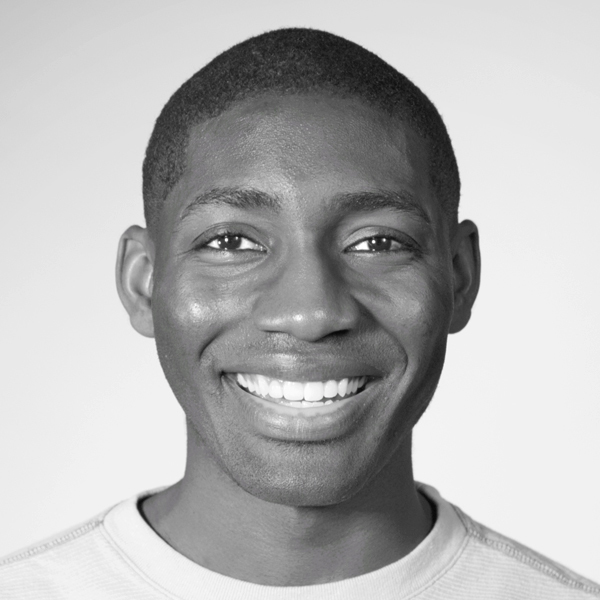
"...if you're an international student, if you're a black student, if you're an Asian student, you are an Asian student first. You have that adjective that comes first..."
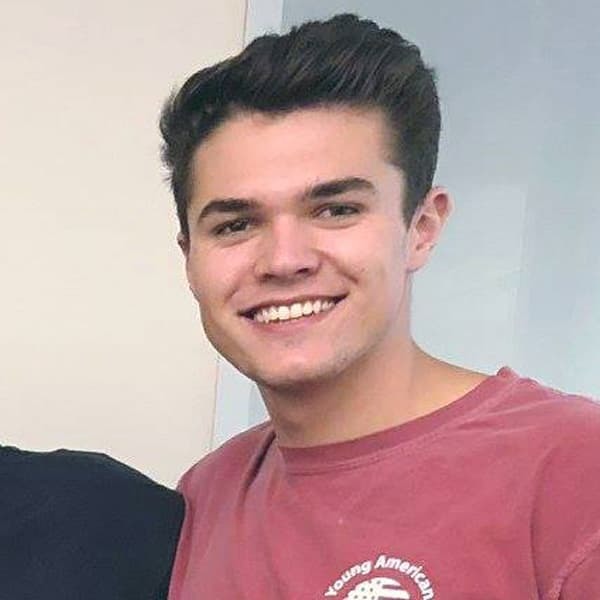
"Why should you care if you're with 10 black people versus 10 white people? I don't think that's what counts."
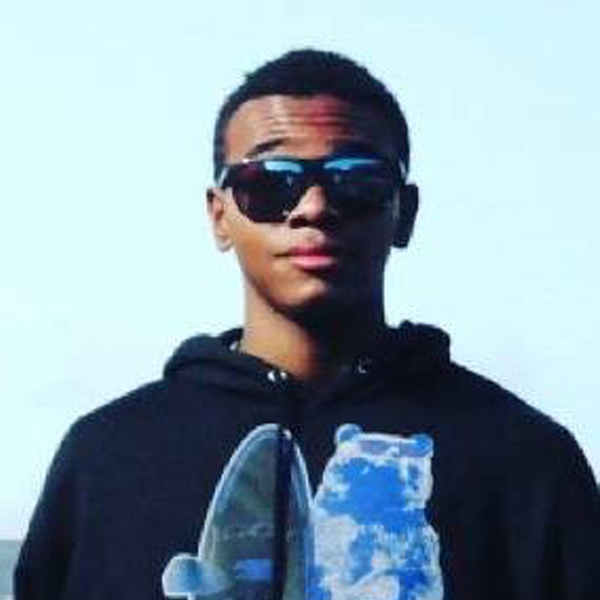
"It is really nice having someone, having people that you can talk to who kind of know what you’re doing or what you’re going through I guess."
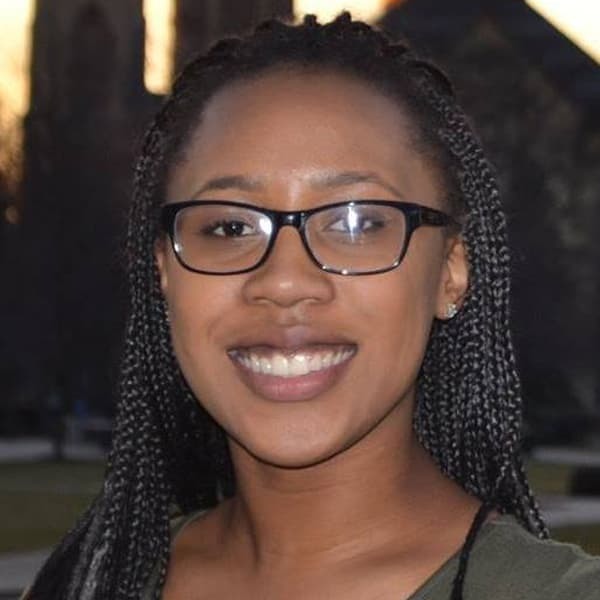
"You can diversify campus all you want, but if people don't feel included, we're not making progress. Diversity is being invited to the party, but inclusion is being asked to dance."
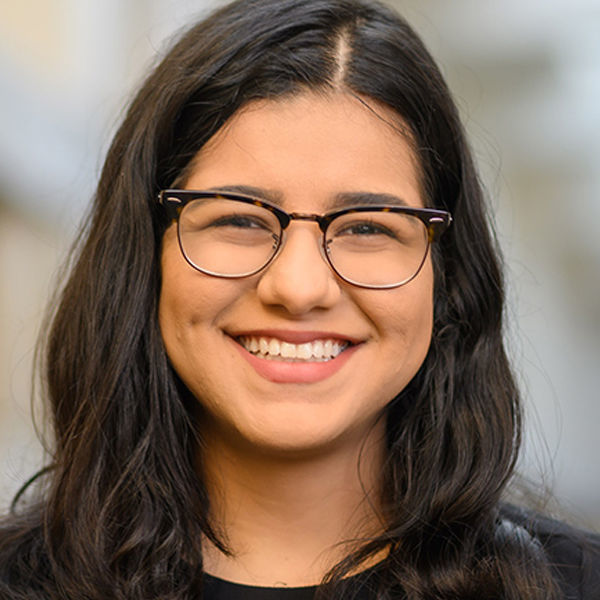
"I never felt like I was in any danger, but then after the 2016 election, it was just like, will I be told this on my way to class? In my class?"
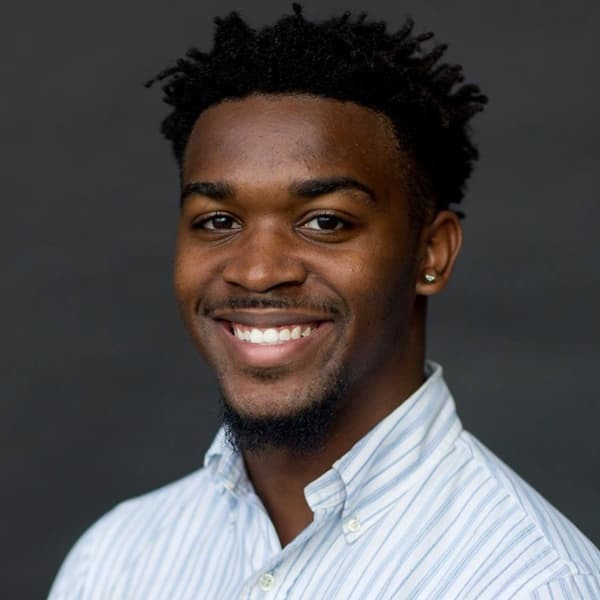
"...and, you know, a kid said, like he was talking about the St. Mary’s shuttle and he was just like, “Yeah, like, St. Mary’s girls...they’re kind of part of Notre Dame...it’s like the 3⁄5 Compromise.” And it just got like dead silent in the room."